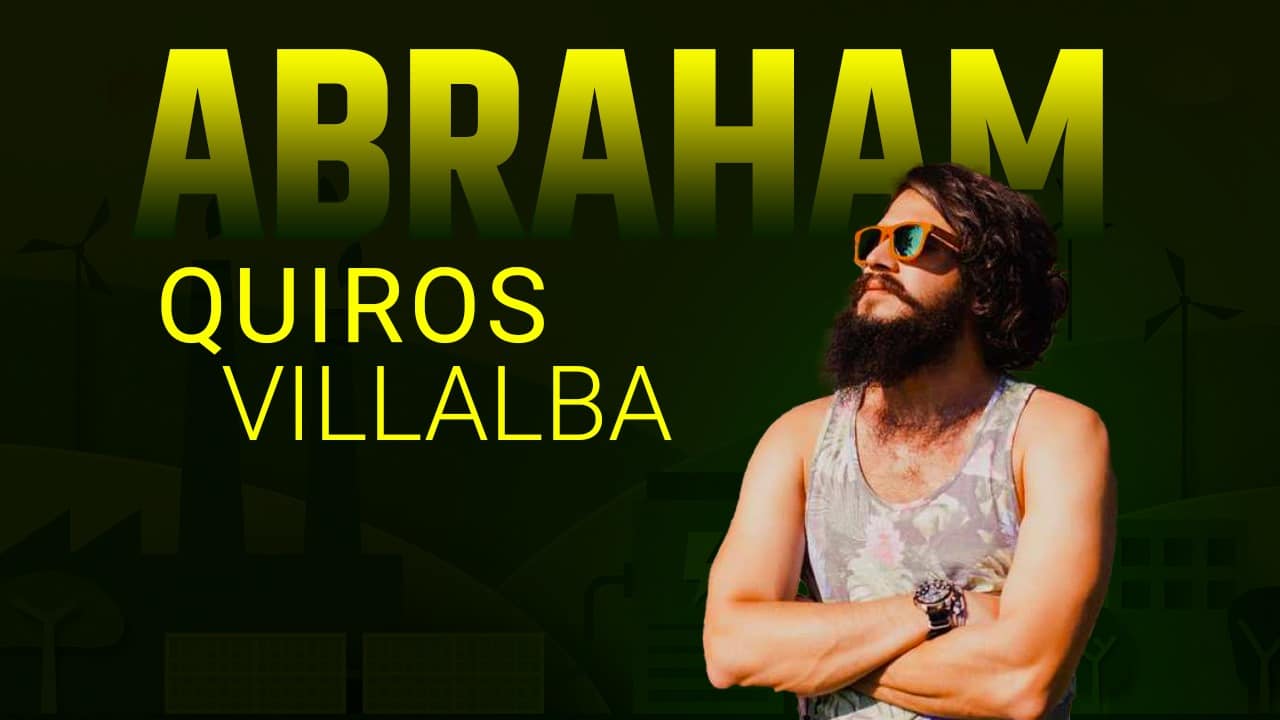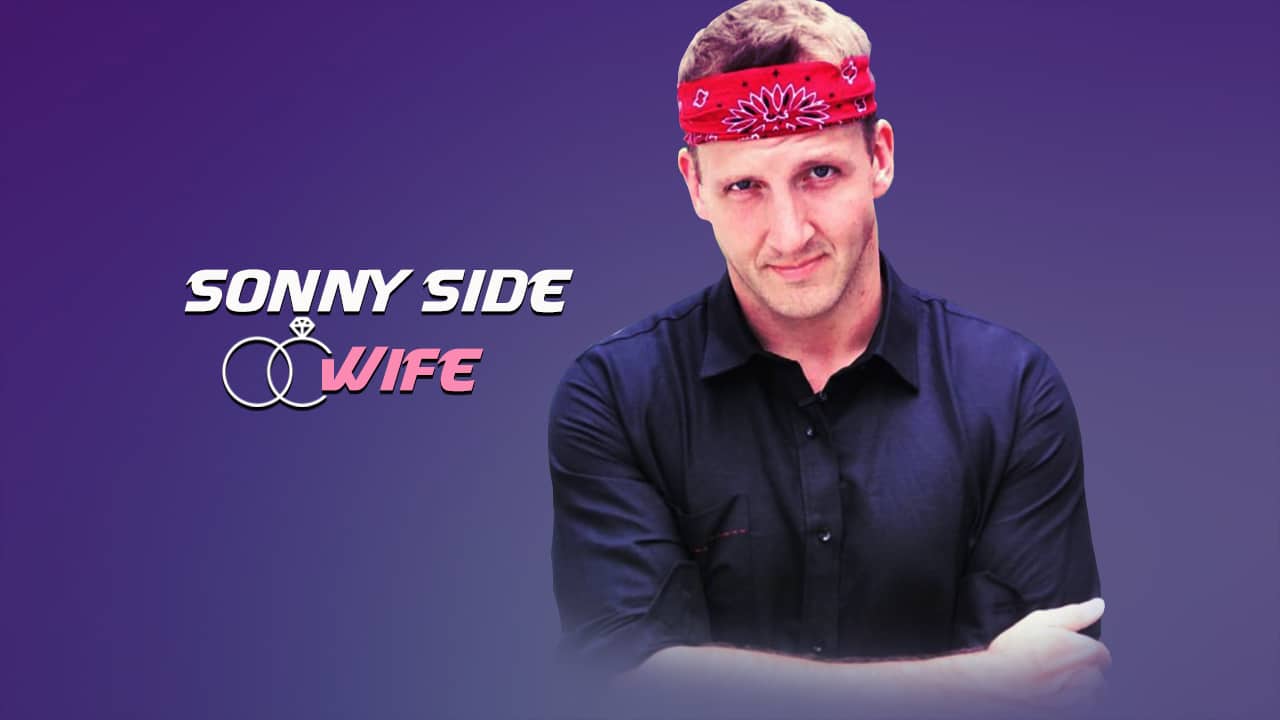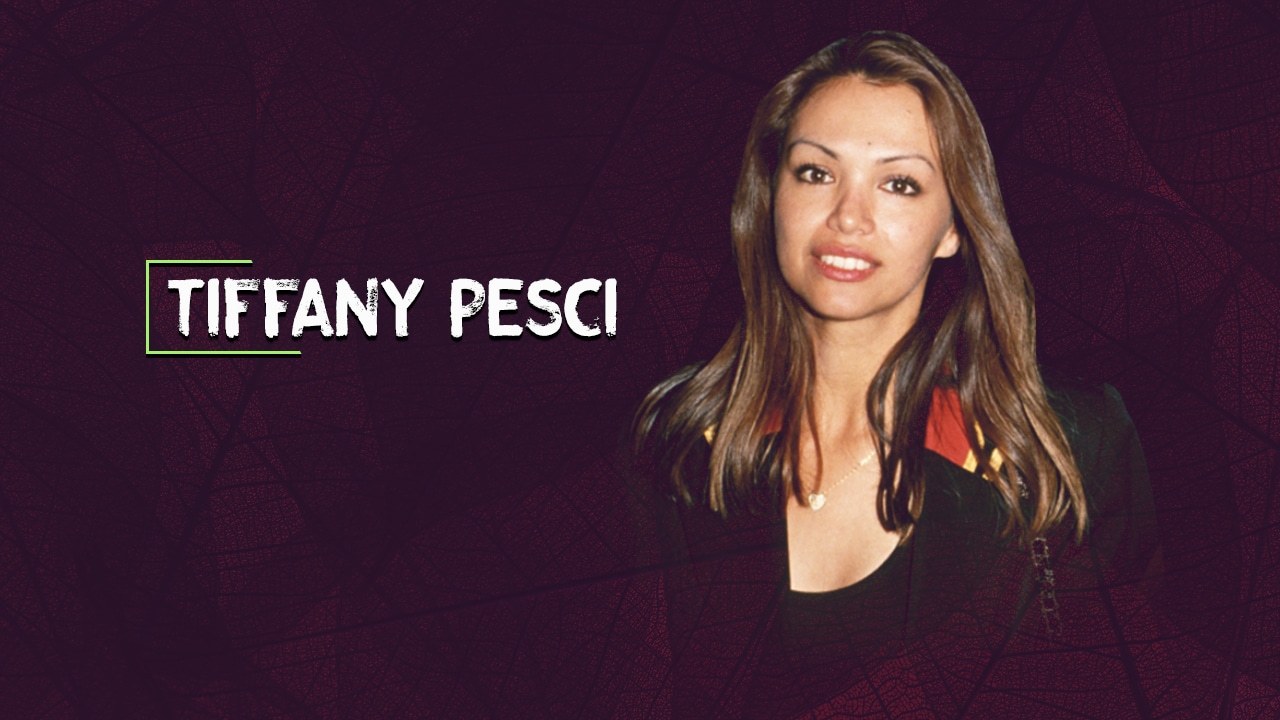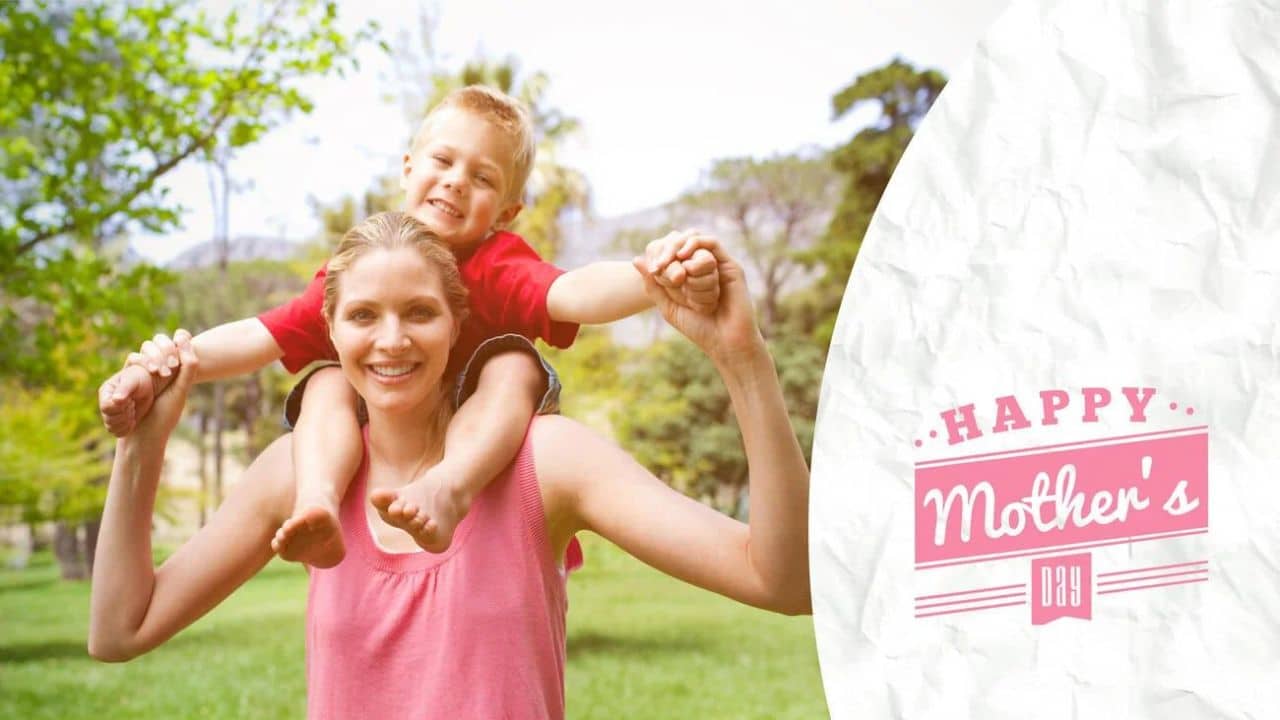Popular Articles
The Impact of Abraham Quiros Villalba in the Global Marketplace
Feeling overwhelmed by the constant barrage of negative news about our planet’s health is something many of us can relate...
Discover the Historical Events and Famous People Born on May 9
May 9 is a day filled with important historical events and the birthdays of many famous people. From the world’s...
An In Detail Case Study of Pikruos With It’s Benefits and Success Story
Running a business is hard. You might feel lost or overwhelmed by the choices out there. Pikruos is here to...
Sonny Side’s Wife Still a Mystery to the Fans [What We Know So Far]
In a world brimming with love stories, the tale of Sonny Side and his wife stands out, shrouded in mystery...
A Complete Image Guide and User Experience on SimpCityForum in 2024
Are you feeling lost in the vast world of SimpCityForum? You’re not alone. Many users find it tough to get...
Tiffany Pesci Age, Height, Wiki, Instagram, Net Worth, and More in 2024
Finding information online can sometimes feel like looking for a needle in a haystack. With so much out there, it’s...
Latest Articles
Olivia Rodrigo Announces Australia Return! GUTS Tour Hits Down Under Again
Get ready to experience an electrifying night of music and raw emotion as Olivia Rodrigo, the pop sensation who has...
The Impact of Abraham Quiros Villalba in the Global Marketplace
Feeling overwhelmed by the constant barrage of negative news about our planet’s health is something many of us can relate...
Hilary Duff Welcomes Baby No. 4! Adorable Photo with Daughter Townes
Hilary Duff’s family has just grown a little bigger, and the actress and singer couldn’t be more overjoyed. After months...
Jalen Brunson Heroics! Knicks Take Commanding 2-0 Series Lead Over Pacers
NEW YORK – In a night that encapsulated the resilience and determination that have defined the New York Knicks’ remarkable...
Ryan Garcia Fails Drug Test (PEDs): Fought High vs Haney?
Ryan Garcia, the talented yet polarizing 140-pound boxing contender, has once again found himself at the center of a storm...
Inspiring Mother’s Day Speech Ideas for a Memorable Tribute
Ladies and gentlemen, dear family, and cherished friends, we have come together today to celebrate a truly remarkable occasion: Mother’s...













